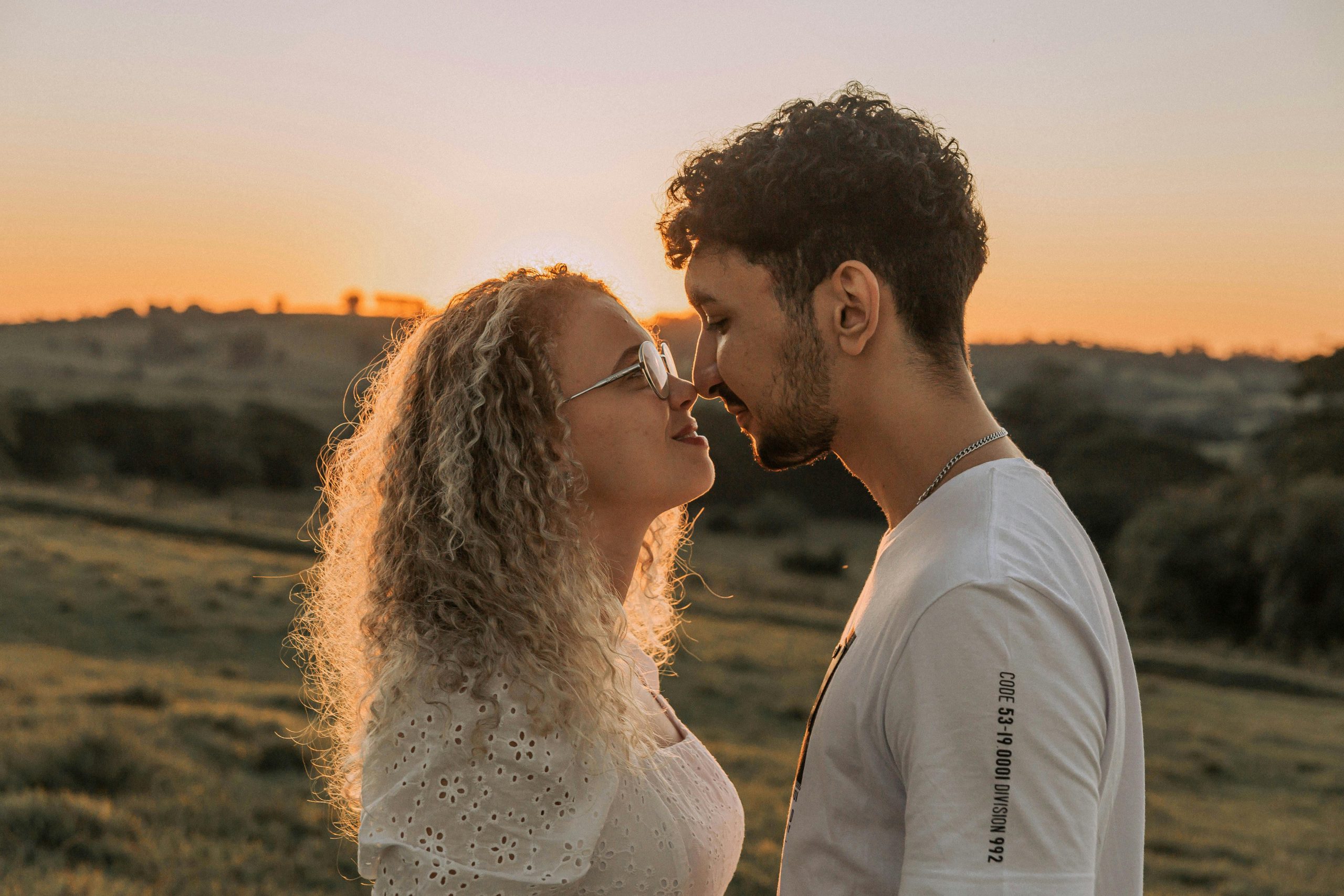Have you ever found yourself back in the arms of someone who only caused you pain? You know it’s bad for you, but the magnetic pull of their love seems irresistible. It’s like a fire that burns you, yet you can’t help but step right back into the flames. This cycle of returning to toxic relationships is a painful paradox, yet it’s a pattern many people find themselves caught in. So why do we keep going back to relationships that hurt us?
First, it’s important to understand the psychological trap we often fall into. Love, in its most intoxicating form, isn’t just about affection—it’s also about attachment. We become emotionally invested in the highs of passion, even when those highs come with the inevitable lows of conflict, manipulation, or neglect. In the case of toxic relationships, these emotional highs can feel like life rafts in an ocean of negativity. We forget how to navigate without them, so we return, hoping the good will outweigh the bad.
But there’s more to it than just attachment. Many people who stay in toxic relationships have deep-seated issues with self-worth. If you’ve been made to feel unimportant, neglected, or emotionally abused, the toxic partner may have convinced you that this is all you deserve. They offer you crumbs of affection, and you cling to those moments because they fulfill a need you feel you can’t meet on your own. It’s a dangerous form of self-deception, where you end up believing that the little scraps of love are all you’re worthy of.
Then, there’s the habit of hope—the idea that “this time, it will be different.” The brain plays tricks, convincing us that things will improve if we just wait it out, that our partner will change. But these fantasies are built on shaky foundations. Toxic relationships rarely improve because the fundamental problems—manipulation, dishonesty, emotional unavailability—are never truly addressed. The cycle simply repeats itself, and you’re left with more emotional scars than before.
What keeps us trapped in this cycle is the illusion of control. We tell ourselves that we can fix things, that if we love harder or sacrifice more, the relationship will change. But love doesn’t work like that. No matter how much we give, we can’t heal a relationship that was never healthy to begin with. And yet, we continue trying, even when all the evidence points to the fact that we should walk away.
The truth is, we stay in toxic relationships because it’s easier to cling to the familiar pain than to face the uncertainty of walking away. Ending a relationship means confronting the fear of loneliness, the anxiety of starting over, and the challenge of rebuilding your self-worth. But the real tragedy isn’t in letting go—it’s in holding on to a love that burns you. Until you recognize your own value and break free from the cycle, you’ll continue to return to a relationship that only causes harm.
So, why do we keep going back? It’s the allure of love that promises salvation, even when it only leads to destruction. But real love, the kind that heals and nurtures, begins with loving yourself first.





